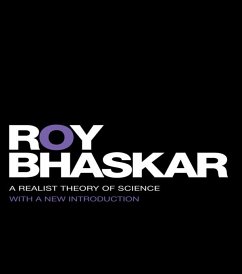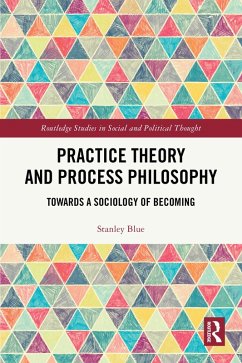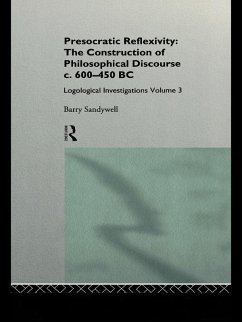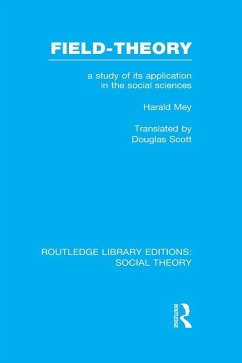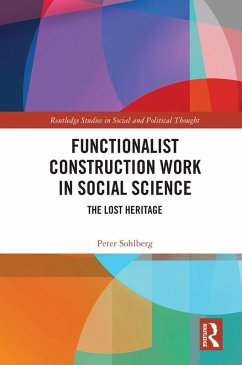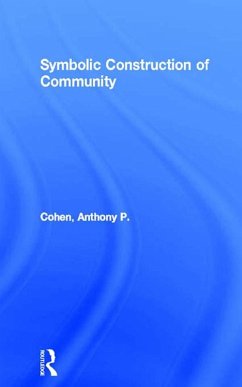
Primer in Theory Construction (eBook, ePUB)
An A&B Classics Edition
Versandkostenfrei!
Sofort per Download lieferbar
45,95 €
inkl. MwSt.
Weitere Ausgaben:

PAYBACK Punkte
23 °P sammeln!
A Primer in Theory Construction is for those who have already studied one or more of the social, behavioral, or natural sciences, but have no formal introduction to the way theories are constructed, stated, tested, and connected together to form a scientific body of knowledge. The author discusses scientific theories in general terms, but also addresses the special challenges of developing scientific knowledge about social and human phenomena.This Allyn and Bacon Classics Edition contains the complete text of the original copyright 1971 version, with new typography and page design.
A Primer in Theory Construction is for those who have already studied one or more of the social, behavioral, or natural sciences, but have no formal introduction to the way theories are constructed, stated, tested, and connected together to form a scientific body of knowledge. The author discusses scientific theories in general terms, but also addresses the special challenges of developing scientific knowledge about social and human phenomena.
This Allyn and Bacon Classics Edition contains the complete text of the original copyright 1971 version, with new typography and page design.
This Allyn and Bacon Classics Edition contains the complete text of the original copyright 1971 version, with new typography and page design.
Dieser Download kann aus rechtlichen Gründen nur mit Rechnungsadresse in A, B, BG, CY, CZ, D, DK, EW, E, FIN, F, GR, HR, H, IRL, I, LT, L, LR, M, NL, PL, P, R, S, SLO, SK ausgeliefert werden.





